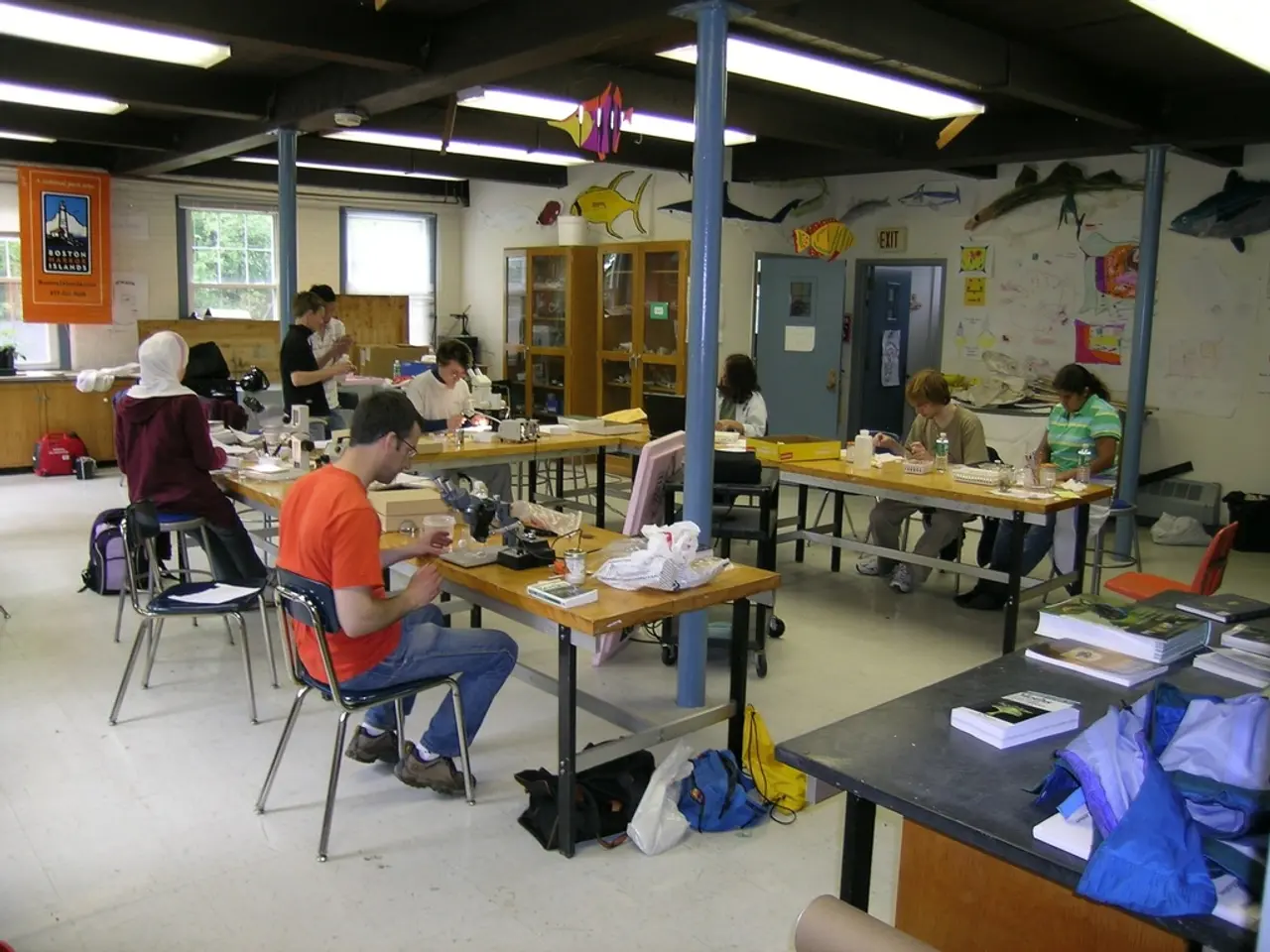Delineating Part-Time Work Hours for Students: A Guide to Balancing Job and Academics
Balancing Part-Time Work and Academic Success: A Guide for Students
Navigating the intersection of work and studies can be a challenge for students. The optimal number of working hours depends on various factors, including course load, individual learning style, time management skills, job demands, and flexibility.
For many students, a sustainable balance lies between 10 and 20 hours per week. This range allows for academic workload, extracurricular activities, personal responsibilities, and well-being to coexist harmoniously.
Academic workload is a crucial factor to consider. Reserving sufficient time for classes, homework, studying, and exams is essential to maintain good grades. Excessive work hours can lead to stress and reduced academic performance. Experts advise keeping work under 20 hours weekly to avoid negative effects on school.
Extracurricular activities and personal responsibilities also play a significant role in determining the optimal work hours. Students involved in sports, clubs, volunteering, or caregiving roles need to allocate time for these commitments, further limiting available work hours.
Flexibility and well-being are essential components of a student-friendly job. Flexible schedules help students tailor work around peak academic activities, reducing stress. Part-time jobs with 5 to 15 hours per week of flexible work are preferred. Overworking can lead to exhaustion and mental health challenges, so monitoring well-being is critical.
Quality over quantity is particularly relevant for jobs related to a student's field of study. Part-time work that complements academic goals and provides skill-building opportunities is more valuable than simply maximizing hours.
Universities and colleges offer a range of resources to support students seeking part-time employment, including career services departments, job boards, academic advisors, and more. Communicating openly with employers and professors about academic commitments and limitations is essential.
In practice, many students successfully manage about 10 to 15 hours per week as a sustainable balance that supports both academic success and personal well-being. Above this range, students risk increased stress and declining grades unless they have exceptional time management skills or reduced other commitments.
Prioritizing mental and physical well-being is essential for academic success and overall happiness. A flexible work environment, with flexible hours and the ability to work remotely, can significantly reduce stress and improve the balance between work and academic life for students.
In conclusion, the ideal number of part-time hours for a student is a personalized schedule weighing academic demands, extracurriculars, and personal health. Aiming to keep total work hours roughly between 10 and 20 weekly, leaning toward fewer hours during peak school terms, can help maintain overall well-being and success.
"To ensure success in managing a part-time job and academic pursuits, it's wise to consider finance-related aspects. Part-time jobs in the field of study, which provide skill-building opportunities, can contribute to education-and-self-development, making them valuable in terms of lifestyle choices post-graduation."
"Balance is key when it comes to juggling work and academics. Alongside managing time effectively and prioritizing academic workload, choosing a part-time job with a flexible schedule can help maintain a healthy lifestyle, both physically and educationally."




